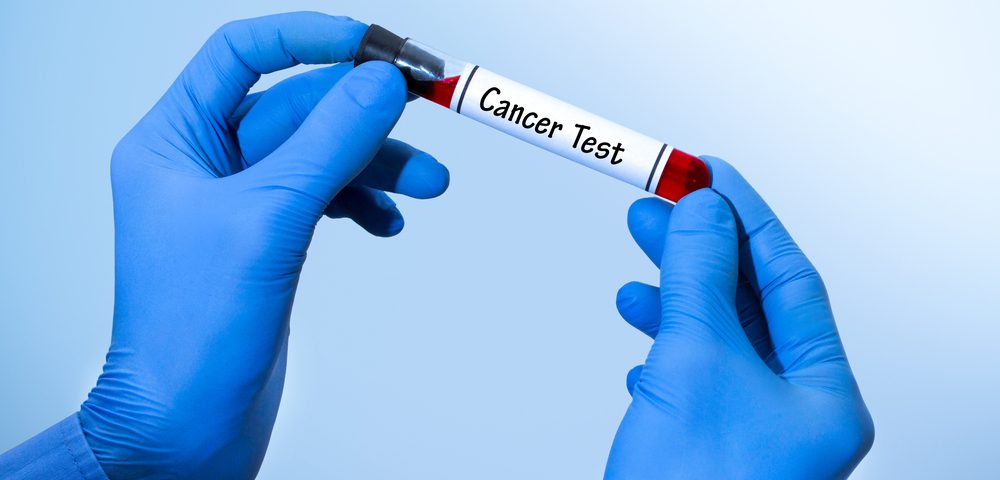Investigators in the U.K. have found a way to identify diffuse large B-cell lymphoma (DLBCL) patients who are less likely to respond to standard therapies and may require more aggressive or targeted treatments, a study shows.
“We have discovered which patients will be left at greater risk by only receiving standard treatment, and at nearly 10% of patients sufferers, it is a significant group,” David Westhead, from the faculty of biological sciences at the University of Leeds, one of the study’s senior authors, said in a press release.
The study, “Molecular High-Grade B-Cell Lymphoma: Defining a Poor-Risk Group That Requires Different Approaches to Therapy,” was published in the Journal of Clinical Oncology.
DLBCL is a common type of blood cancer with a high degree of variability. Despite having virtually the same disease, patients exhibit diverse presentations, responses, and survival rates.
With the development of new sequencing techniques, researchers have been able to group DLBCL into two subtypes, depending on their cell-of-origin (COO) — germinal center B-cell-like (GCB) and activated B-cell-like (ABC) DLBCL.
However, while this grouping has helped classify patients, there is still inherent variability within each subtype, suggesting that further categorization is necessary for precision treatment.
Researchers at the University of Leeds, along with colleagues at the Universities of Cambridge and Southampton, set out to devise a classification method that identifies DLBCL patients with poor responses to standard treatments.
They examined data from 928 patients included in the Phase 3 REMoDL-B trial (NCT01324596), who had received standard Rituxan (rituximab) plus CHOP chemotherapy — cyclophosphamide, doxorubicin, vincristine, prednisolone — with or without Velcade (bortezomib).
Their method identified 83 patients with a poor prognosis, nearly doubling the number of patients detected with current methods. Researchers called these patients the molecular high-grade (MHG) subgroup, noting that most (90%) would have been included in the GCB group based on current classification methods.
“By identifying the molecular high grade group we have found that the number of people who have a high chance of their lymphoma responding poorly to existing treatment is double what we expected,” said Ming-Qing Du, PhD, professor at the University of Cambridge and senior author of the study.
After receiving Rituxan plus CHOP chemotherapy (R-CHOP), 78% of GCB patients reached the three-year mark alive and without signs of disease progression. However, only 37% of those in the MHG group reached that outcome, consistent with their poor prognosis.
Interestingly, MHG patients showed a trend toward better three-year progression-free survival than GCB patients after receiving R-CHOP plus Velcade, providing “possible evidence of a positive effect of bortezomib,” according to the researchers.
“This important research is tackling the challenge of accurately identifying lymphoma patients who will and won’t respond well to standard drugs. The next step will be to develop this approach for use in the National Health System (NHS), so that more lives can be saved,” said Alasdair Rankin, PhD, director of research at Bloodwise, which helped to fund the study.
“We present our analysis of the trial data focused on the MHG group by showing that a biologically coherent and distinctive group with significantly poorer prognosis can be identified and validated in independent data,” the researchers concluded. “We suggest that this group should be targeted in the future with precision medicine approaches.”


